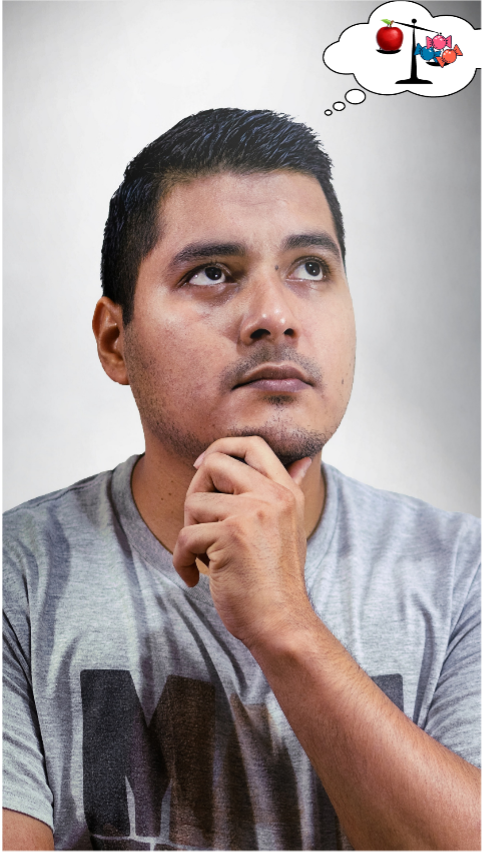Jessie the Dietitian: When did food gain moral status?
May 16 / CATEGORY: Nutrition
In our current food culture, there is an idea that some foods are “good”, and some foods are “bad.” Eating “good” foods may result in feeling more virtuous and conversely eating “bad” foods may require compensation: working out harder, eating less, skipping future meals, or otherwise having some form of ‘punishment,’ mentally and/or physically.
 This process would suggest that our food nourishes our bodies, but it also delivers an entrée of moral standing: We are good for eating “good” and bad for eating “bad.”
This process would suggest that our food nourishes our bodies, but it also delivers an entrée of moral standing: We are good for eating “good” and bad for eating “bad.”
When did food gain moral status?
Eating so-called bad foods frequently leads to feelings of shame, guilt, or regret, imposed not by the type or quantity of food consumed, but by society and diet culture’s suggestion of how we should eat for a perfect body, perfect life, or perfect diet.
Feeding ourselves is one of the most natural and required functions of our lives as humans. There are no good or bad foods, and subsequently you cannot be good or bad for eating certain foods. By imposing morality onto food there is a suggestion that we embody that morality as a person. While we may make more or less nutritious food choices, eating these foods does not make you more or less of a good person.
When should you associate guilt with food?
Did you steal money to buy the food? → Guilty!
Did you steal the food? → Guilty!
Did you steal the food from someone else’s hands? → Guilty!
 No guilty verdicts? Eat & nourish yourself. Take away the side order of guilt.
No guilty verdicts? Eat & nourish yourself. Take away the side order of guilt.
Encourage yourself to pay closer attention to your interactions with food. Do you notice certain feelings associated with specific types of food? Or certain amounts of food?
If food morality comes up for you:
- Refer back to this blog post.
- Examine the roles that food plays in your life and how it affects you.
- Remind yourself that you cannot be good or bad for nourishing yourself.
If you would like more information, nutrition counseling, or nutrition resources, use this link to schedule a free speed session with RecSports’ registered dietitian and certified intuitive eating counselor, Jessie Furman.
This post was written by:
-Jessie Furman, MS, RDN, LD/N
Jessie is a Registered Dietitian and Assistant Director for Nutrition at the University of Florida’s Department of Recreational Sports where she does individual nutrition counseling and coaching with the UF community. Follow her on Instagram for more nutrition tidbits.
